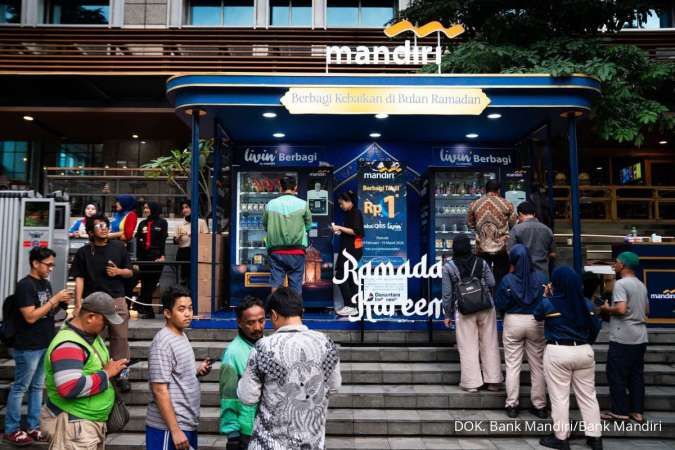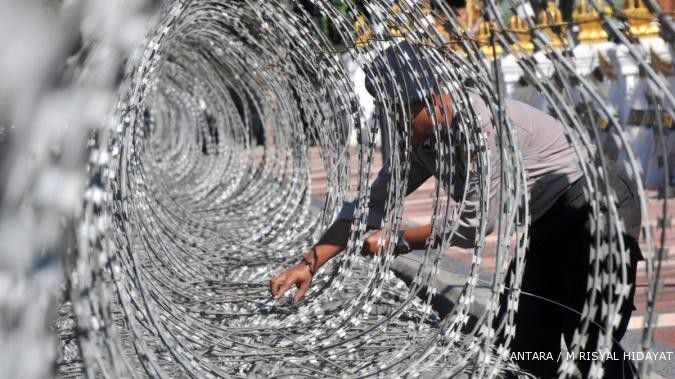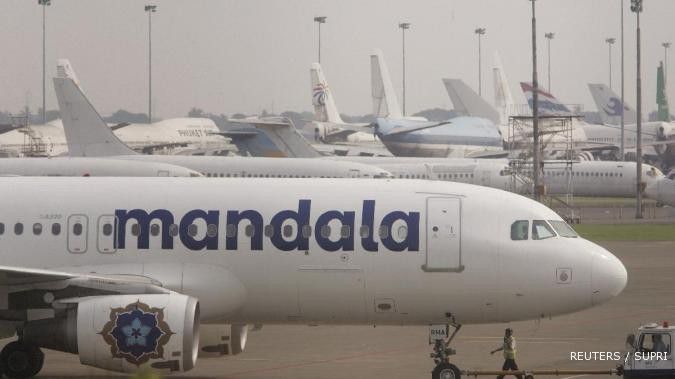JAKARTA. The government is losing credibility due to its failure to raise fuel prices and might lose out on accelerating infrastructure development as energy subsidies continue to strain the state budget, several economists agree.“Once you make a statement, you have got to do it. The government had been hinting at raising fuel prices, but then failed to deliver on the planned policy. If you cannot deliver what you say, people will question your credibility,” Standard Chartered economist Fauzi Ichsan told The Jakarta Post over the telephone on Sunday.The House of Representatives amended the state budget on Friday to allocate Rp 225.35 trillion (US$24.56 billion) for energy subsidies and authorized the government to raise fuel prices if Indonesia Crude Prices (ICP) exceeded a budget assumptions of $105 a barrel by 15 percent or by Rp 120.75 a barrel over a six-month period. The ICP has been above the ceiling price since February, according to data from the Energy and Mineral Resources Ministry.Initially the government proposed Rp 230 trillion in energy subsidies and raising fuel prices from Rp 4,500 to Rp 6,000 a liter starting April 1.Danareksa Research Institute economist Purbaya Yudhi Sadewa said the revised state budget would create months of uncertainty for business, claiming it contained too much political compromise and not enough economic resolution.“What makes this state budget puzzling is the fact that although fuel price hike will not be implemented on April 1, the assump-tions in it are made based on the assumption that the policy was taken. This could leave a huge gap between the allocated subsidies and their realizations,” Purbaya said.Meanwhile, Fauzi said the government had lost several chances to formulate a more sustainable budget, particularly in 2011, when the state budget allowed the government to raise fuel prices when the ICP was 10 percent above its $90-a-barrel assumption without requiring House approval. “The current revision also practically allows smugglers to stock fuel until July, because they know that up until that month, fuel prices will remain steady at the current rate, as stipulated in the revised state budget,” Fauzi added.Separately, Indonesian Institute of Sciences (LIPI) economist Latif Adam said that delaying fuel-price increases and the subsequent impact on government spending would, once again, cause infrastructure development to be overlooked.“I believe the government will face a considerable political challenge if it wants to cut ministerial spending. Therefore, the government could choose to reallocate funds from the least politically-vulnerable sector, which is capital spending. Doing this could prevent the government from accelerating its planned infrastructure development,” he added.Indonesian Textile Association (API) chairman Ade Sudrajat said that although fuel-price adjustments could not be made on schedule, the government should be praised for winning political support for future adjustments.“In the past, whenever the government wanted to raise fuel prices, they needed to announce it publicly to the House. After the announcements were made, businesses often speculated by raising prices and caused inflation even before the fuel price policy was made official,” he said.“With the current authority, the government does not need to consult with the House and can implement fuel-price increases immediately and businesses, including manufacturing, can always adjust quickly,” he added.At a plenary session on early Saturday, the House of Representatives also approved revising the government’s economic growth assumption for 2012 to 6.5 percent, its inflation target to 6.8 percent, its exchange rate to Rp 9,000 per US dollar and its crude oil production estimate to 930,000 barrels a day. (Hans David Tampubolon/The Jakarta Post)
Govt fuel ‘flub’ fouls future plans
JAKARTA. The government is losing credibility due to its failure to raise fuel prices and might lose out on accelerating infrastructure development as energy subsidies continue to strain the state budget, several economists agree.“Once you make a statement, you have got to do it. The government had been hinting at raising fuel prices, but then failed to deliver on the planned policy. If you cannot deliver what you say, people will question your credibility,” Standard Chartered economist Fauzi Ichsan told The Jakarta Post over the telephone on Sunday.The House of Representatives amended the state budget on Friday to allocate Rp 225.35 trillion (US$24.56 billion) for energy subsidies and authorized the government to raise fuel prices if Indonesia Crude Prices (ICP) exceeded a budget assumptions of $105 a barrel by 15 percent or by Rp 120.75 a barrel over a six-month period. The ICP has been above the ceiling price since February, according to data from the Energy and Mineral Resources Ministry.Initially the government proposed Rp 230 trillion in energy subsidies and raising fuel prices from Rp 4,500 to Rp 6,000 a liter starting April 1.Danareksa Research Institute economist Purbaya Yudhi Sadewa said the revised state budget would create months of uncertainty for business, claiming it contained too much political compromise and not enough economic resolution.“What makes this state budget puzzling is the fact that although fuel price hike will not be implemented on April 1, the assump-tions in it are made based on the assumption that the policy was taken. This could leave a huge gap between the allocated subsidies and their realizations,” Purbaya said.Meanwhile, Fauzi said the government had lost several chances to formulate a more sustainable budget, particularly in 2011, when the state budget allowed the government to raise fuel prices when the ICP was 10 percent above its $90-a-barrel assumption without requiring House approval. “The current revision also practically allows smugglers to stock fuel until July, because they know that up until that month, fuel prices will remain steady at the current rate, as stipulated in the revised state budget,” Fauzi added.Separately, Indonesian Institute of Sciences (LIPI) economist Latif Adam said that delaying fuel-price increases and the subsequent impact on government spending would, once again, cause infrastructure development to be overlooked.“I believe the government will face a considerable political challenge if it wants to cut ministerial spending. Therefore, the government could choose to reallocate funds from the least politically-vulnerable sector, which is capital spending. Doing this could prevent the government from accelerating its planned infrastructure development,” he added.Indonesian Textile Association (API) chairman Ade Sudrajat said that although fuel-price adjustments could not be made on schedule, the government should be praised for winning political support for future adjustments.“In the past, whenever the government wanted to raise fuel prices, they needed to announce it publicly to the House. After the announcements were made, businesses often speculated by raising prices and caused inflation even before the fuel price policy was made official,” he said.“With the current authority, the government does not need to consult with the House and can implement fuel-price increases immediately and businesses, including manufacturing, can always adjust quickly,” he added.At a plenary session on early Saturday, the House of Representatives also approved revising the government’s economic growth assumption for 2012 to 6.5 percent, its inflation target to 6.8 percent, its exchange rate to Rp 9,000 per US dollar and its crude oil production estimate to 930,000 barrels a day. (Hans David Tampubolon/The Jakarta Post)




